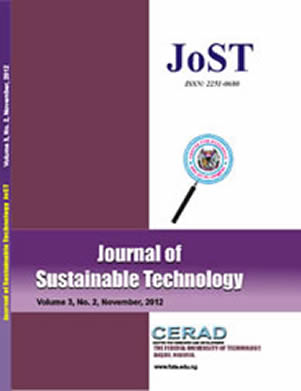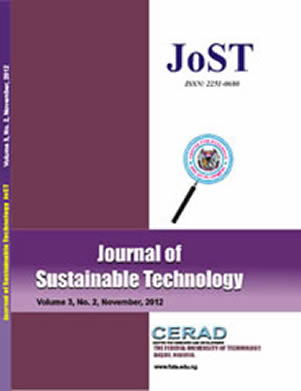This paper presents an empirical evaluation of Tree Scatternet Formation (TSF) algorithm for enhanced Bluetooth Scatternet. Bluetooth devices operate with an operational range of 10m. This shortcoming in range can be overcomed by the formation of a Scatterrnet. A Scatternet is an interconnection of two or more Piconets. A Piconet is a network of Bluetooth devices within a working range. The interconnection of Piconets has to follow particular topologies for it to be efficient and reliable. Several formations topologies are available. This work evaluates the efficiency of TSF as a Scatternet formation. The TSF algorithm for Scatternet formation is split into three (3) phases: device discovery, tree formation, tree maintenance. The device discovery phase attempts to find neighbouring device and form a master-slave relationship between them. This master-slave relationship only defines connectivity of the local Piconet. In the Tree formations phase, devices attempt to combine connectivity of Piconet to form the main Scatternet in a tree structure. The correctness of the theoretical model was investigated by evaluating an empirical model of TSF. The evaluation revealed that as the tree increases in size, (in term of children nodes being added to specific parents nodes) the overhead increased rapidly in term of Scatternet formation time. This was due to an increased link formation delay due to coordinators nodes. The empirical model had a 3 seconds delay more than the Scatternet formation delay time given by the theoretical model results. Result also showed that TSF exhibited good form formation time for about 16-24 devices.
PAPER TITLE :EVALUATION OF TREE SCATTERNET FORMATION ALGORITHM FOR ENHANCED BLUETOOTH SCATTERNET
JOURNAL Of SUSTAINABLE TECHNOLOGY | VOLUME 2 NUMBER 11 2011
Paper Details
- Author(s) : OLUWARANTI, A.I. and ANISIOBI, C.
- Abstract:



